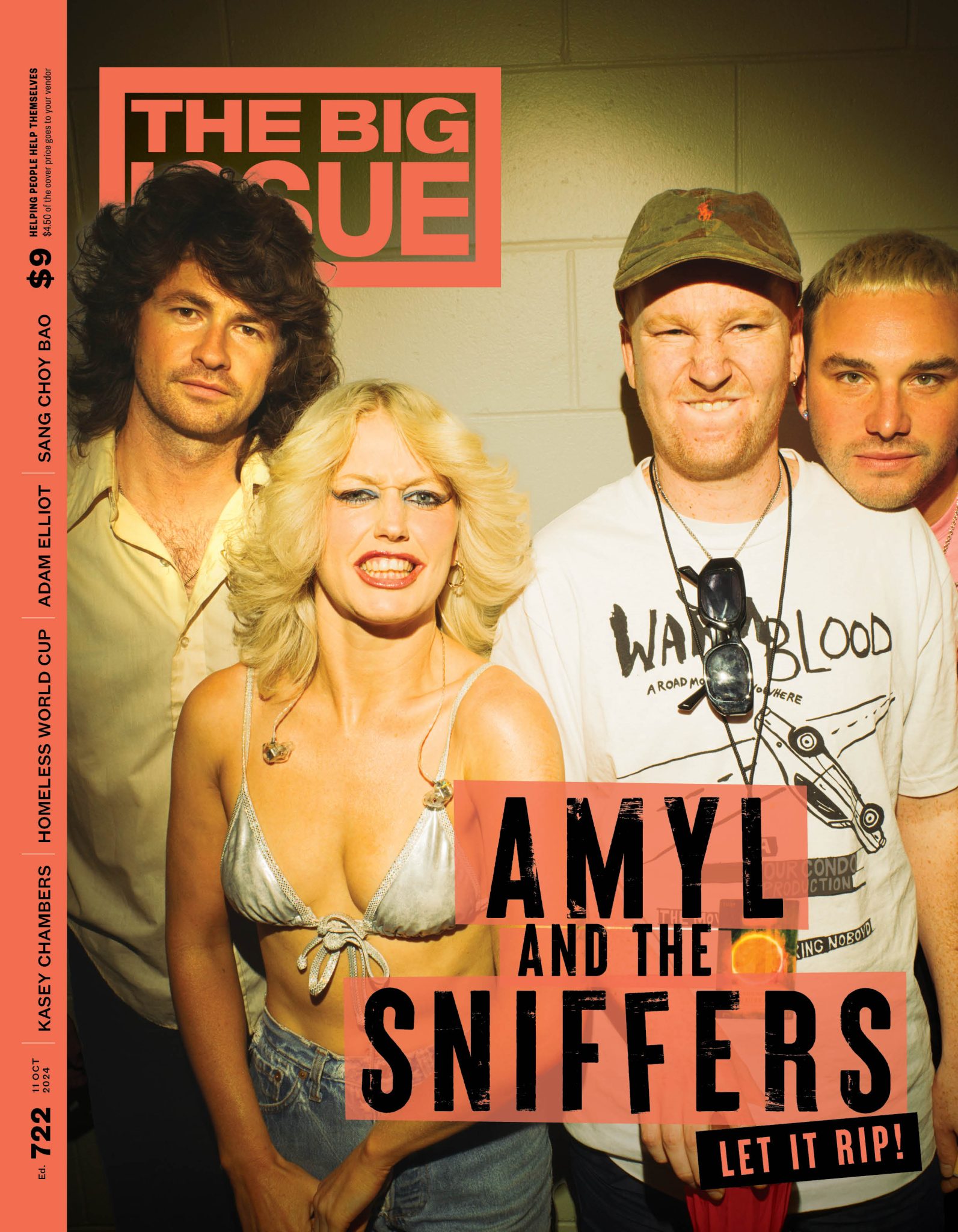I was born and grew up in the remote community of Oodnadatta, in the far north of South Australia. I identify as Yankunytjatjara.
My family had a succession of children removed up until the 1970s. Nanna had her children removed. My mum was the youngest at that time. She wasn’t taken, but Mum had five siblings who were removed. Nanna and the family suffered immensely. For our people, it was a time of racism, extreme hardship, disadvantage, struggle, poverty and immense and unbearable sorrow.
Dad used to work, sinking wells. As a child, we got to travel. We spent a lot of time out bush. It was a hard and difficult life, especially for Mum, but she maintained this level of absolute care and love for us. We are family.
At six, seven years of age, I was put into an Aboriginal children’s home. I remember the very moment I was placed there…looking at the walls, the rows of beds in the girls’ dormitory. That was the start of me experiencing much cruelty with a succession of carers we had.
I loved school, though. I excelled at it. That was my sanctuary – to be able to express myself, escape from the brutality, take care of my younger brother.
I worked as an Aboriginal education worker, a cleaner and a jill-of-all-trades on a cattle station. My first son was born in 1984. I was an Aboriginal health worker then. I took him to work with me when he was six months old. Eventually, it was time to move. I applied for a job in Whyalla, so I packed up the two children – one was four, the other was six. We had to travel through flooded waters in this Holden station wagon. I was involved in a lot of domestic violence at that time, and just hoping that I’d escape that, which I didn’t.
I spent 15, 16 years working in child protection in Whyalla. When you’re an Aboriginal woman, working in a government department who takes kids away – took me away – it’s very hard to seek support from them. I don’t know how I done it, but I did.
I suppose it’s quite remarkable that I’m still here – after undergoing three open-heart surgeries. I got support from a very kind Aboriginal person who was working in the hospital at the time, and I thank her immensely. It’s assisted me to continue my journey of healing.
I’m very proud to say that I work at The Big Issue. I like the companionship, working as a team, the laughter. You meet other women and hear their stories. They have become family, and when they leave, I get really sad. That’s probably exacerbated by the loss and grief of being removed from my family. That will never go away. It is intergenerational.
My goal now is to ensure that my children and grandchildren have a safe, fulfilling life, that I keep well for many years, and remember that we come from Anangu Pitjantjatjara Yankunytjatjara Lands (APY Lands). Never, ever forget where you come from.
Maureen works in the Women’s Workforce, Adelaide
Interview by Aimee Knight
Photo by Craig Arnold
Published in ed#706
